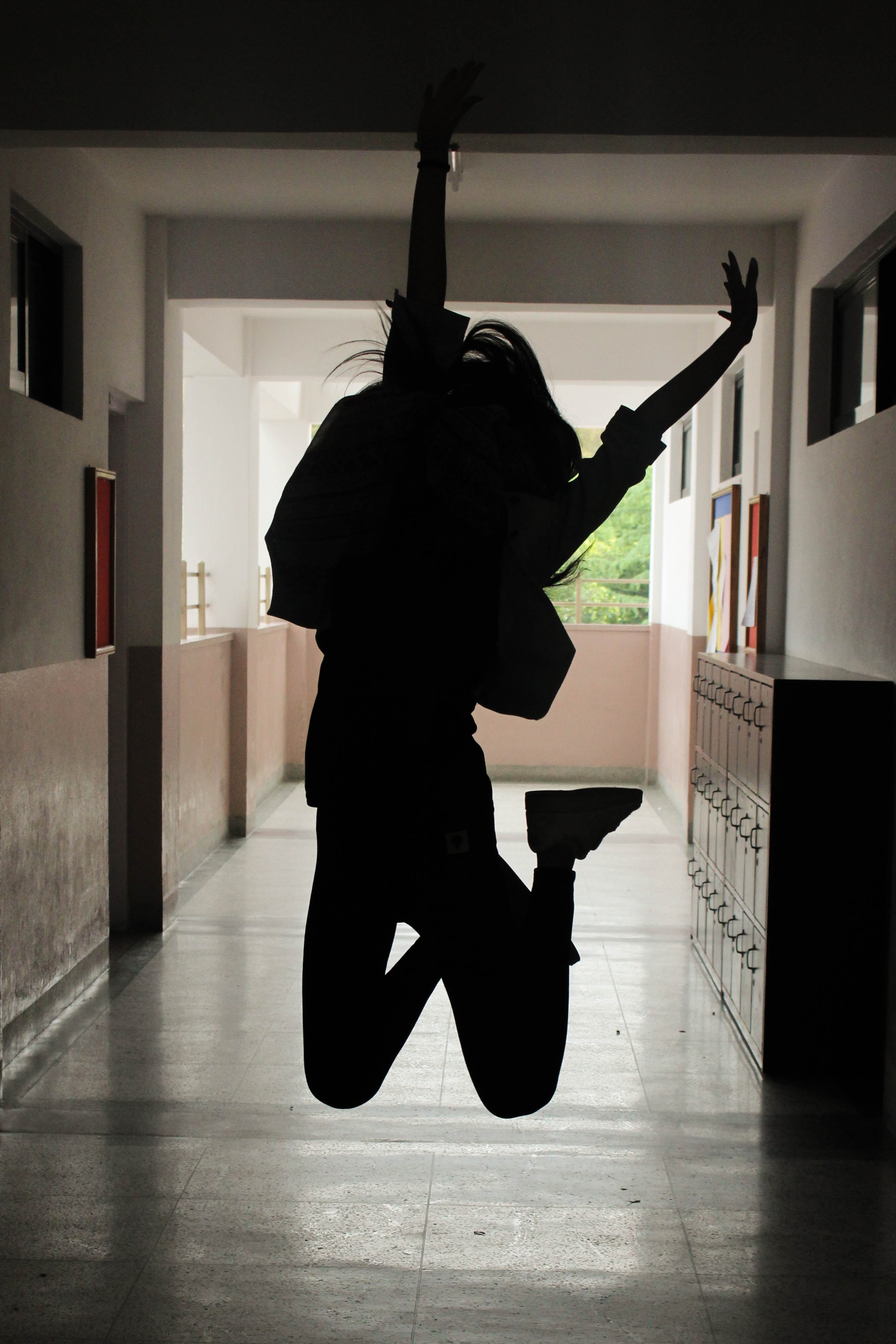Defense mechanisms take all forms in teenagers; sometimes they masquerade, ironically, as the obvious. I taught one girl several years ago at Taft, a hockey player, who, upon entering the class for the first time, announced loudly in front of the class that she was a terrible English student and would never feel reading was anything more than a tiresome chore. She did this all while smiling, though, like everyone who heard her was in on some grand ruse, me included. When I told her that the last student who had told me that ended up as an English major in college, she seemed pleasantly annoyed; it grated her, but in some sort of way that she was used to.
On the first couple of assignments she did poorly; she had a terrible background in writing, and lacked fundamental skills. She took these failures not only as evidence that her success was impossible, but that the entire institution of Literature was, in fact, a sham that should be scorned. However, she perpetrated her whole campaign of negativity with such charisma and charm that it gave me something to really work with, despite a tidal wave of antipathy. “She knew life,” I told her, “so she could learn to know literature, a reflection of life itself.” She remained beyond skeptical of herself, but she didn’t quit by any means, a shadow of doubt had crept over her self-defeating approach through her minor autumn successes, particularly when we went through the Transcendentalists, who provided her a model of self-actualization.
It was when we reached the sonnet competition in the winter that the truly extraordinary occurred. The competition would first produce a winner in the class of twelve. The winners from all of the classes in the sophomore year would then compete in front of the entire sophomore grade. As the unit began, she announced in her typical style that she would not be winning the competition, all with a trademarked smile. But by now the class was on to the fact that she had hidden talents, and to no one’s surprise in the group of twelve she won reciting Shakespeare’s Sonnet 71, which began “No longer mourn for me when I am dead.” The sonnet, very fittingly, offered a poet who passionately exhorted the audience not to think about him, as she was a passing shadow of insignificance. The paradoxical nature of the poem was a perfect match for this student, absolutely aflame with the notion of her perceived lifelessness.
With her victory in the class, she was transformed. I was told she practiced the sonnet for hours on the stage that the competition would take place, sometimes with a partner and sometimes alone, repeating the hypnotic lines of iambic pentameter to herself in presumable silence, perfecting blocking, gesturing, emotion, active words, and every nuance conceivable.
When I showed up on the night of the competition, I thought she had a chance, but I have to be honest, I didn’t think it was possible. She was going up against kids whose parents were Broadway actors, kids who were memorizing Shakespearean lines by age five, kids who could break your heart on the stage for fun. But she just crushed it. In 14 lines, she elicited a catharsis so profound from a crowd of bored, restless, sullen teenagers that it left the room buzzing with released energy. The judges conferred for about three minutes before delivering her the prize, a pizza party for the class. When she saw me, her face on fire in exalt, she slapped me a high five so hard my hand stung for an hour afterwards.
But while there was certainly a fire that conflagrated inside of her from her victory that day, some other more profound part of her that had been almost cocky in its self-assured defeatism had been stunned into silence. She didn’t quite know who to be for the rest of the year after that; she had been so sure that she couldn’t do it before then that she didn’t know what to be sure of from then on. But I guess void is the mother of all possibility. To little surprise, she ascended to all AP English classes from there. I only saw her around the halls casually in the few years between then and her graduation, but a few days before she graduated, we ran into each other. The swagger was back in her eyes and that twitch of a smile in the corners of her mouth as she said to me slyly, “You know…. I think I might just major in English.” She waited for me to say something profound, but I couldn’t. She had done that work already.






